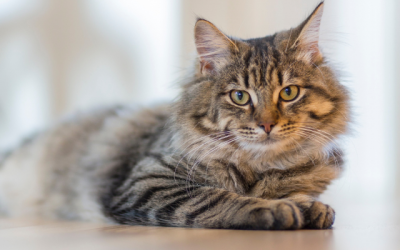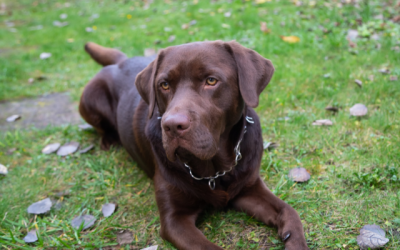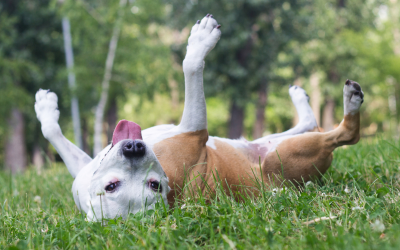Orthopaedic Surgeries
Orthopaedic Surgeries
Our experienced veterinarians are able to competently perform most orthopaedic surgeries. This not only allows for local treatment and management but also significant cost savings.
Common procedures successfully performed at the clinic for more than three decades include:
Anterior Cruciate Ligament Repair
There are now various techniques available to do this procedure and we will discuss the best option for you and your pet – these include the extra-capsular technique and the triple tibial osteotomy technique. The surgeries aim to stabilise the knee joint by either replacing the function of the ligament with a synthetic material OR by removing the need for the ligament by changing the mechanics of how a dog/cat weight bears on their leg.
Fracture Repair
There are many types of fractures – the severity, location and nature of the fracture along with the health state of your pet will determine what technique is used/needed to repair it (various surgical techniques (plates, pins, screws and casting where appropriate).
Patella Tendon Transplant
This is required in the situation where your dog’s patella/s (knee cap/s) are popping in and out of place all the time causing your dog to limp. The surgery aims to stabilise the knee cap in its correct position and also delay the progression and development of arthritis in the affected joint.
Femoral Head Resection
This surgery involves resection of the ball part of the thigh bone – this is reserved for cases where fractures have occurred in this area, significant hip osteoarthritis, a disease of young dogs where the blood supply to this part of thigh bone is lost, and some cases of hip dysplasia where other surgeries aren’t an option for repair/treatment.
Reduction and Stabilisation of Dislocations
Traumatic injury can often result in dislocated joints – we are able to manage these cases at our hospital.
Amputation where necessary
There are situations where unfortunately this procedure will provide the best health outcome for your pet – in general younger animals are much better able to cope with this procedure.
Book an appointment today!
Latest News
Feline Cat Osteoarthritis
Osteoarthritis is a common condition that affects cats, just as it does dogs. In fact, up to 40% of cats may suffer from osteoarthritis, particularly those over 8 years old. While cats often show very subtle or no changes in behavior when they are in pain, it is...
Pet Anxiety
Anxiety is a common issue among pets and is being diagnosed more frequently as pet owners become more aware of the signs to look out for. The past few years have contributed to an increase in pet anxiety as many animals have become used to their owners being home all...
Summer Allergies
Allergies are one of the most common conditions we see in our dogs in the Spring and Summer every year. If your dog suffers from allergies you may notice any of the following symptoms / clinical signs: Licking their feet Chewing their feet Scratching their ears,...



